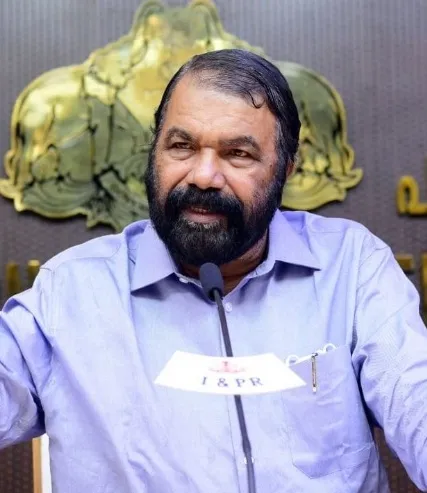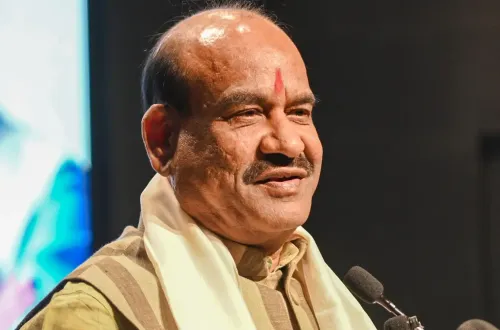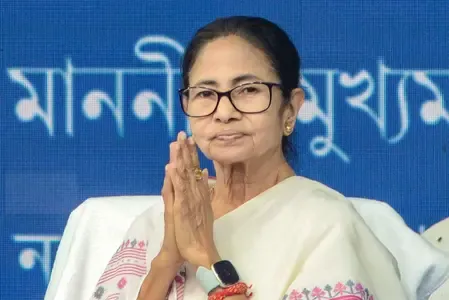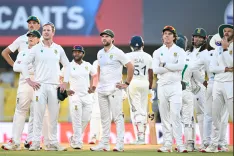Mumbai 26/11: Should We Ever Forget or Forgive?
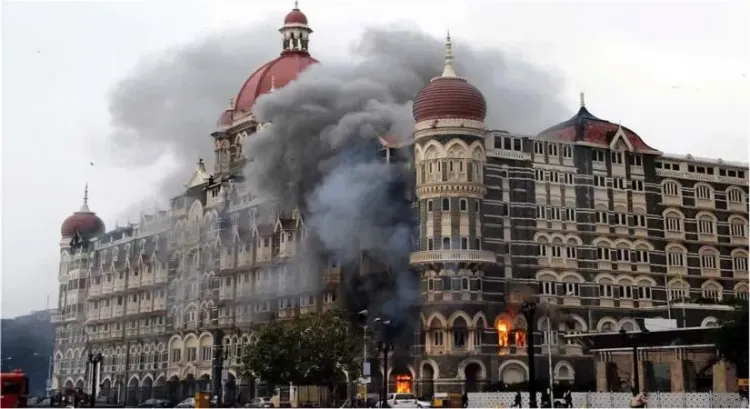
Synopsis
Key Takeaways
- The Taj Palace became a symbol of resilience during the attacks.
- The assaults resulted in 166 fatalities and over 300 injuries.
- Heroic efforts from hotel staff and security forces saved many lives.
- The attacks highlighted the importance of unity in times of crisis.
- The phrase 'Never forget; Never forgive' resonates strongly in national memory.
New Delhi, Nov 25 (NationPress) The dome of the Taj Palace loomed against a night sky engulfed in flames and smoke, becoming an enduring symbol of the tragic events that unfolded 17 years ago, marking a pivotal moment in terrorism and the unwavering spirit of the Indian populace.
This renowned hotel in Mumbai offers a majestic view of the Gateway of India and the Arabian Sea, yet from November 26 to 28, 2008, it became the scene of horrific brutality.
The luxury hotels, Taj Palace and the nearby Trident, both part of the Oberoi group, were among the primary targets that night, as terrorists indiscriminately opened fire on guests and staff in the Trident’s lobby and bar areas.
At the Taj, the attackers fired upon diners at Tiffin, a beloved contemporary restaurant. Many casualties occurred here.
Subsequently, the Kandahar restaurant on the upper floor was assaulted. Grenades were thrown, fires ignited, and numerous guests, including international visitors, found themselves trapped inside as hostage situations escalated.
It was the unwavering commitment and resourcefulness of the hotel staff, trained in fire drills and well-versed in escape routes, led by the then head chef Hemant Oberoi, that managed to save at least 200 lives.
Also notable was the bravery of security forces and commandos who bravely entered the hotel to guide most hostages to safety. The assault on the Oberoi properties began with two terrorists opening fire inside the Chhatrapati Shivaji Maharaj Terminus (CST), a bustling railway hub, resulting in the deaths of over 58 individuals and injuring 104 others.
The attackers vanished into the crowd afterward. Following this, reports emerged of assaults at the two hotels, as well as at the Cama and Albless Hospital at Fort and the Leopold Café in Colaba, while bombs detonated in taxis at Wadibunder and Vile Parle.
All terrorists were neutralized except for Ajmal Kasab, who was captured, tried, and later executed after a lengthy legal battle.
The final toll reached 166 lives lost, with more than 300 injured. The streets of Mumbai wept that night, stained with blood, including that of martyrs who chose duty over self-preservation. Among the fallen were police officers Hemant Karkare, Ashok Kamte, and Vijay Salaskar, who died outside the Cama Hospital.
A ray of humanity shone through that night at the Nariman House Chabad center, where an Indian nanny, Sandra Samuel, courageously carried two-year-old Moshe Holtzberg to safety during the 26/11 attacks.
Two terrorists stormed the Jewish outreach center, taking Rabbi Gavriel Holtzberg, his wife Rivka, and others hostage.
Sandra acted swiftly, securing Moshe and evacuating the building amidst the chaos, ensuring he was not left alone in the violence.
When rescuers eventually arrived at Nariman House, they discovered that Rabbi Gavriel and Rivky had been murdered. Moshe’s survival is largely credited to Sandra’s swift and brave actions, as she protected and cared for him until he was reunited with his family and later relocated to Israel.
In the wake of the attack, which was orchestrated and supported by Pakistan, as the nation remembers its heroes and the fallen, it is imperative to reflect on the words emblazoned on posters: “Never forget; Never forgive.”


